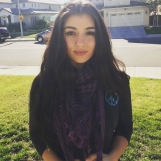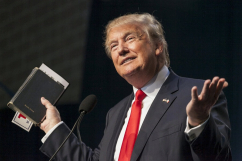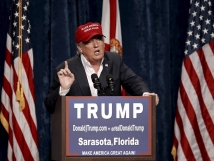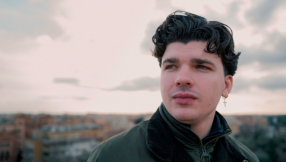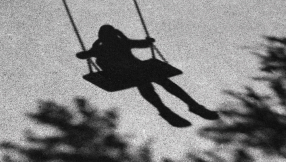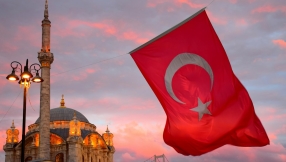A furious row touched off by a black American pastor who described fellow-pastors who met with presidential hopeful Donald Trump as "prostitutes" reveals both the toxic national debate about race and Trump's own capacity to divide opinion.
Around 100 pastors met Trump on Monday in a gathering that was controversial from the start. His campaign announced the event last week, calling it a meeting with "a coalition of 100 African-American Evangelical pastors and religious leaders who will endorse the GOP front-runner after a private meeting".
However, a press conference for the event was cancelled after a number of participants said that they would either refuse to attend or stressed that they did not endorse Trump's candidacy.
Bryant, pastor of the Empowerment Temple of Baltimore, said that he had been invited but had chosen not to attend because he believed Trump was simply using the black pastors.
In a CNN interview including Rev James Davis, who did attend, Bryant described Davis as a "pawn". "I'm here as a preacher and as a black man to say that I vehemently oppose the candidacy of somebody who has been outlandishly offensive to every minority group in the country," he said.
Challenged over his description of the group in a New York Daily News interview as "prostitutes", he returned to the charge, saying: "I want to apologize because prostitutes get money and the 100 that went in there walked away with nothing. They did it for free. So there's another word for that and I would not use that language on the family channel. What I would suggest is that you couldn't find 100 white pastors to do the endorsement, not 100 rabbis. Not 100 imams."
Trump, who is famously unbridled in his public pronouncements, has caused deep offence in America's black community by his apparent indifference to concerns over discrimination and the evident targeting of young black people by police. When a Black Lives Matter protester was physically attacked at his campaign rally, Trump said that perhaps the person "should have been roughed up".
Trump himself said that the meeting was "amazing". "I saw love in that room. I see love everywhere I go," he told reporters.
"This meeting was amazing. Amazing people. The meeting went so much longer, and it went longer only because of the love. It didn't go longer for other reasons."
However, his gaffes have not gone unnoticed. Pastor Victor Couzens of Cincinnati, Ohio, who is not endorsing Trump, told reporters on the way into Monday's meeting: "It's very unfortunate the way he has talked to not just the African-American community but the things he has said about women, Mexicans and Muslims. What's more discouraging than the things that he has said is the fact that in the face of him saying all these things, he continues to surge in the polls. That really concerns me."
America's black community is historically Democrat, though its evangelical Christian cohort is socially conservative on issues such as abortion and same-sex marriage, where Republicans are more likely to speak for their convictions. (According to Pew Research in 2014, 51 per cent of black Americans oppose same-sex marriage and 77 per cent see homosexual behaviour as sinful.) As such the endorsement of black Christian leaders represents a rich prize for Republican candidates. However, on present evidence there is little chance of Trump, at least, making significant inroads into their historic reluctance to vote Republican – at least while he shows so little willingness to engage with their concerns.










